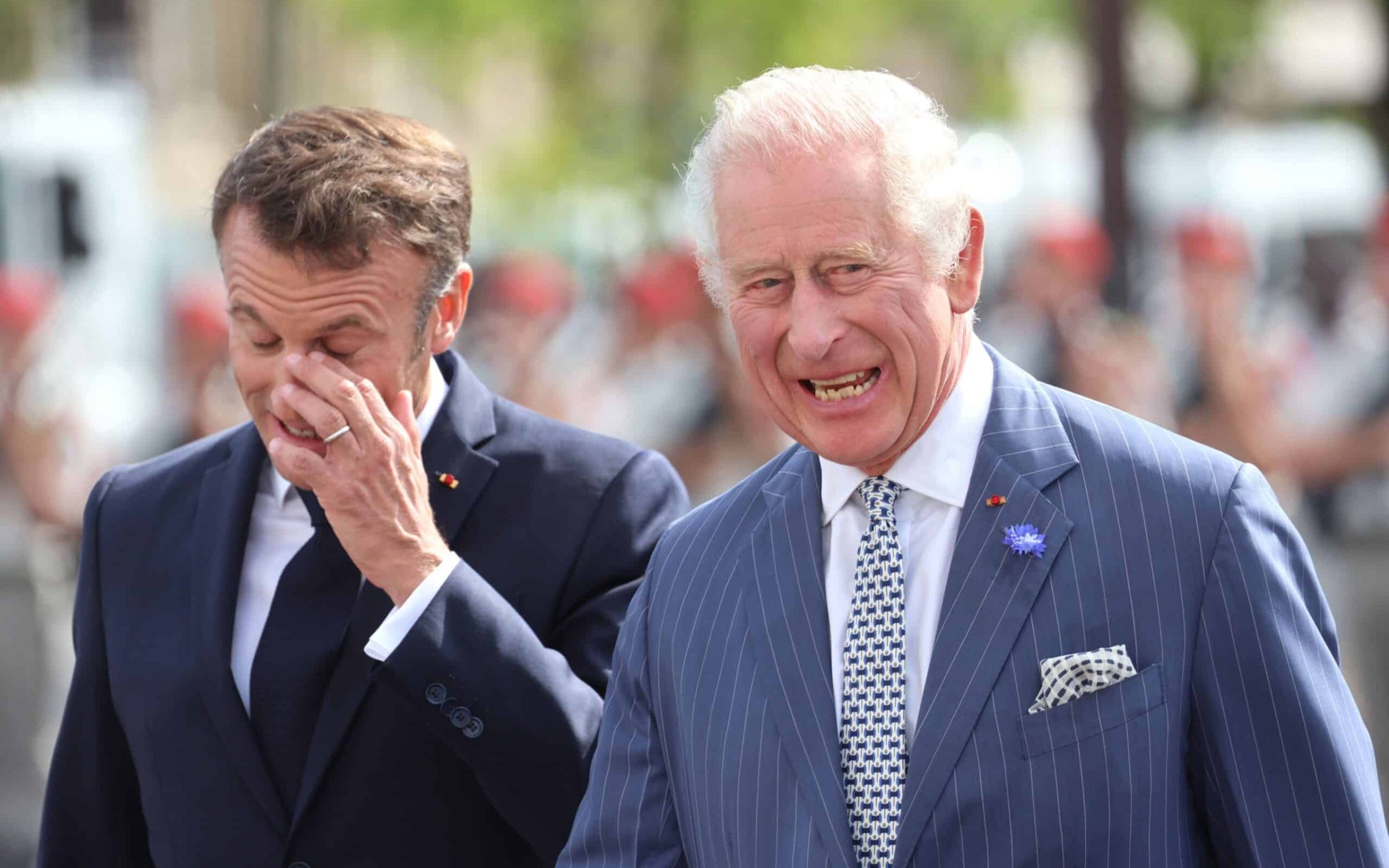There will be a king tonight at Versailles. Charles III is the guest of honour of the Republic. Between nations that are allies now having been enemies for centuries, this continuity in decorum is reassuring. Formal ties retain their importance, especially when the bilateral relationship faces major challenges.
In 2016, the British opted for Brexit. We were for many years members of the same Union. Today, we remain allies but are, more simply, neighbours. This is a step backwards – democratically chosen by British voters, but a step backwards just the same. And the complications that arose were dogged by misfortune, coming as they did during the pandemic and at the start of a major war on European soil.
Is Brexit irreversible? The question is asked regularly in surveys on the other side of the Channel. It appears that a majority of Britons now regret what happened. But how to put things right? Simply stated, the country remains divided, and Europe has changed a lot in seven years.
In several important areas, integration has gathered pace. Since Brexit, European leaders have agreed to pool part of their debt, to share the purchase of vaccines, to commit to a Green Deal, to provide weapons to Ukraine and to impose regulations in the digital and online sectors. The British have long been opposed to such measures.
However, you should never say never in politics. This week, in advance of the royal visit, the head of the Labour opposition, Keir Starmer, met Emmanuel Macron in Paris, seeking to burnish his international image ahead of what will be an important general election in the United Kingdom.
Last Sunday, Keir Starmer said he wanted to renegotiate the post-Brexit agreement with the Europeans. According to the Centre for European Reform, the British economy lost 5% of GDP by its choice to leave the EU. Outside the single market and the customs union, the UK suffers the complications and costs incurred by going it alone, without now having sufficient international weight to dictate alternative rules to the European bloc.
Starmer is not talking about rejoining the Single Market or even the Customs Union. The margin between the two is not that big. Looked at another way, it is the very evolution of the EU which could create new space for a rapprochement between the English and the Continent.
On Tuesday, POLITICO published a document, written by French and German experts, which suggests avenues for reflection on a new multi-speed organisation of Europe. In his speech to ambassadors at the beginning of September, the French President referred briefly to this possibility.
The document speaks of four levels of integration: the hardcore, which would be strengthened and which would abandon the rule of unanimity on certain matters; a second tier of the Union functioning as it does today; a new status of associate membership; and, finally, the broader framework of the European political community.
Putin’s war is forcing the Europeans into compulsory enlargement in the coming years. As it stands, such an enlargement, though inevitable, could prove difficult to manage. One way or another, reform will have to take place. And in the margins of this reform, the British could find something with which they feel comfortable.
Nothing is certain, of course. But by raising a toast this evening under the chandeliers of Versailles, the king and the president will have good reason to salute the stability of the bilateral relationship at the highest level. History requires that we once more connect.
This article was originally published in Ouest-France, the country’s biggest and most influential regional newspaper, covering what was the Angevin Empire of Henry II, from Normandy to Acquitaine. The author is the newspaper’s foreign editor.




